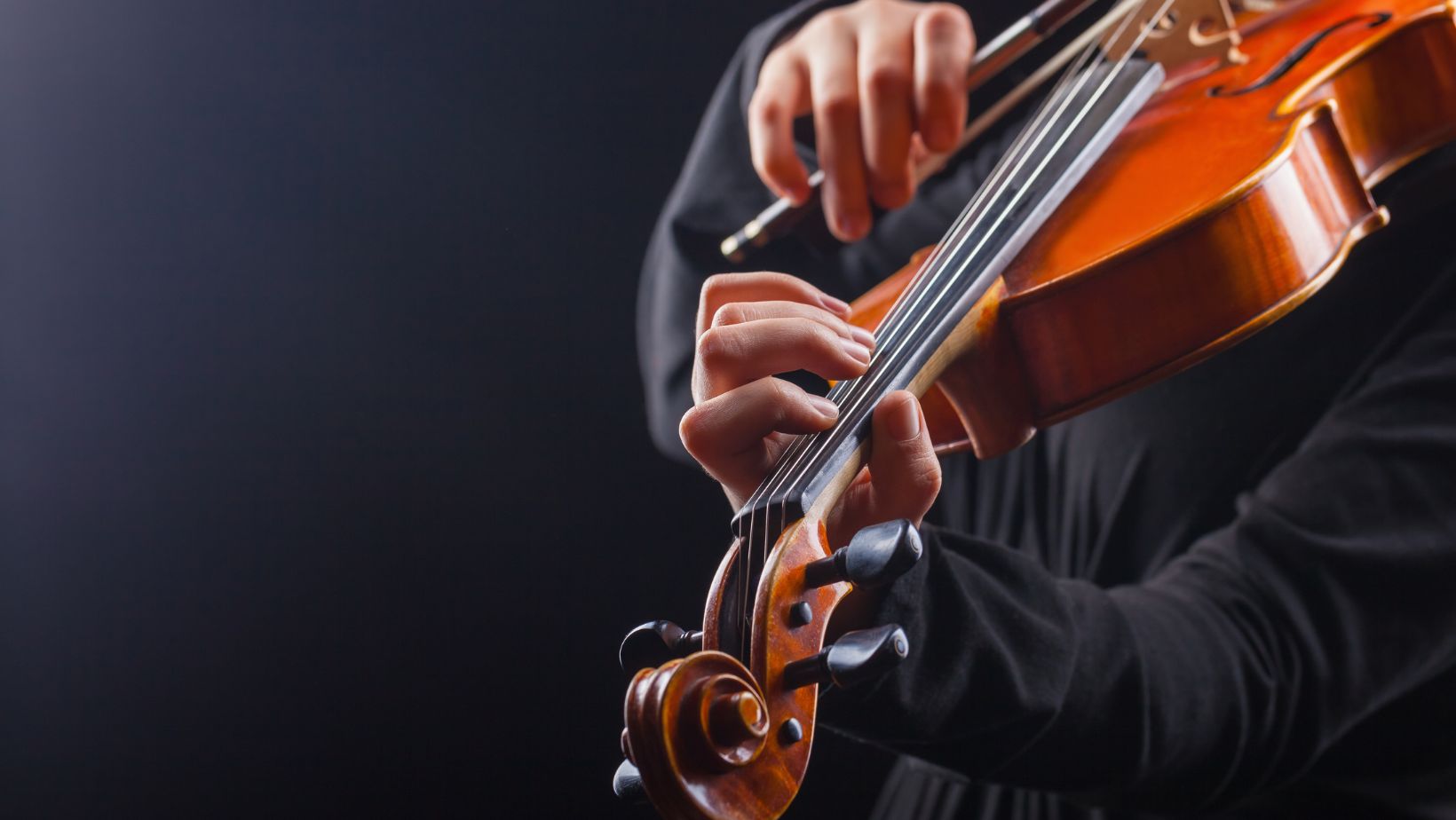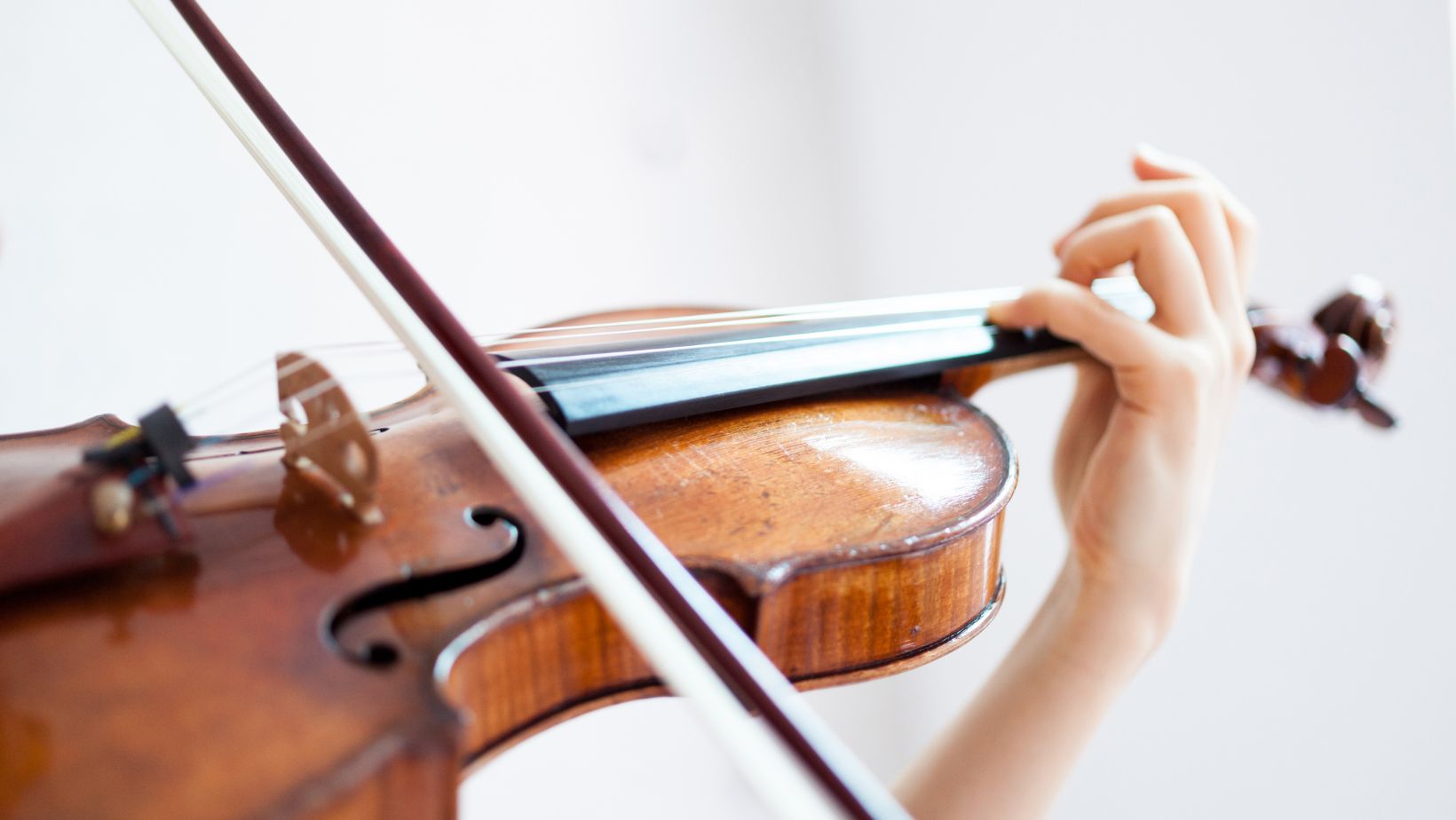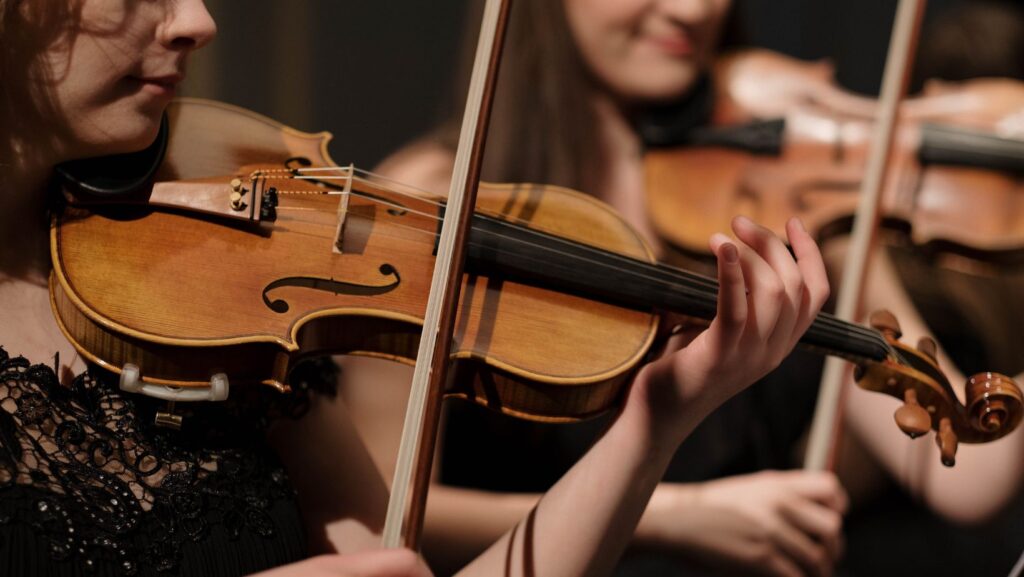In our fast-paced world, finding moments of peace and mental clarity can feel like an impossible task. Yet, an ancient solution lies in the gentle curves of the violin and the meditative practice it demands. As both a musician and mental health advocate, I’ve discovered that learning the violin offers unique psychological benefits that extend far beyond the music itself.
The Meditation of Movement
When you pick up a violin, something remarkable happens. Your mind must focus entirely on the present moment – the precise placement of your fingers, the smooth draw of the bow, the subtle shifts in pressure that shape each note. This intense concentration creates what psychologists call a “flow state,” where daily worries naturally fade into the background. Unlike traditional meditation, violin practice engages both mind and body in a dance of coordinated movements, making it particularly effective for those who struggle with sitting still.
A Structured Escape
In times of stress or anxiety, having a structured activity to turn to can be incredibly grounding. Violin practice provides this structure through scales, exercises, and pieces that require focused attention. This predictable routine becomes a reliable way to reset your mental state, much like how some people use running or yoga as their go-to stress relief. Set some time aside for a magical evening playing the violin.
A Natural Stress Reliever
The physical act of playing the violin triggers the release of endorphins, our body’s natural stress-fighting chemicals. The rhythmic movements of bowing serve as a form of bilateral stimulation, similar to the techniques used in anxiety therapy. Moreover, the deep breathing required for proper playing naturally slows your heart rate and activates the parasympathetic nervous system – your body’s built-in relaxation response.
Building Emotional Resilience
Learning the violin is a journey of small victories and occasional setbacks. Each challenging passage mastered builds confidence, while every mistake teaches patience and perseverance. This process of working through difficulties in a controlled, supportive environment helps develop emotional resilience that carries over into daily life. The violin becomes a trusted companion in expressing emotions that might be difficult to voice, providing a healthy outlet for both joy and frustration.
The Power of Progress
Unlike many forms of entertainment that offer instant gratification, violin practice provides a deeper, more lasting satisfaction. The tangible progress you make – from scratchy first notes to flowing melodies – creates a sense of accomplishment that boosts self-esteem and motivation.

This feeling of progression and growth is vital for maintaining positive mental health, as it reminds us that improvement is always possible with dedicated effort.
Community and Connection
While violin practice itself is often solitary, the instrument opens doors to musical communities. Whether joining an amateur orchestra, participating in lessons, or sharing progress videos online, the violin connects you with fellow musicians who share your passion. These social connections provide support, accountability, and a sense of belonging – all crucial elements for maintaining mental wellness.
Protecting Your Mental Health Partner
Your violin is more than just an instrument – it’s a partner in your mental wellness journey. Protecting it properly ensures that this source of peace and comfort remains reliable and ready whenever you need it. A quality violin case does more than just protect your instrument; it provides peace of mind, allowing you to focus on the therapeutic aspects of playing rather than worrying about damage. We recommend checking out Great Violin Cases to shop for high quality protective cases.
Modern cases offer excellent protection against temperature changes, humidity, and physical impacts – all factors that could otherwise become sources of anxiety. Look for cases with proper padding, humidity control, and secure latches. Many musicians find that the ritual of carefully placing their violin in a well-maintained case becomes part of their mindfulness practice, creating a meaningful boundary between practice time and other daily activities.
The Science Behind the Strings
Research has shown that playing a musical instrument engages multiple areas of the brain simultaneously, promoting neuroplasticity and cognitive flexibility. This mental workout not only improves focus and memory but also helps create new neural pathways that can aid in managing stress and emotional regulation. The complex coordination required for violin playing particularly excels at building these beneficial brain connections.
Making Time for Musical Mindfulness
You don’t need to aim for concert halls to reap the mental health benefits of violin practice. Even 15-30 minutes a day can provide significant psychological advantages. The key is consistency and approaching practice with mindfulness rather than perfectionism.

Think of it as setting aside time for your mental well-being, where the music you create is a beautiful bonus.
Practical Tips for Getting Started
- Start small with achievable goals
- Find a supportive teacher who understands your mental health objectives
- Create a dedicated practice space that feels calm and inviting
- Keep a practice journal to track both musical and emotional progress
- Be patient with yourself – remember that the journey itself is therapeutic
Conclusion
In an age where digital distractions and constant stress have become the norm, the violin offers a tangible way to reconnect with ourselves and find inner peace. Through its unique combination of physical movement, mental focus, and emotional expression, violin practice provides a holistic approach to mental wellness that few other activities can match. Whether you’re dealing with anxiety, seeking mindfulness, or simply looking for a meaningful way to enhance your mental health, the violin awaits as a faithful companion on your journey to well-being.
